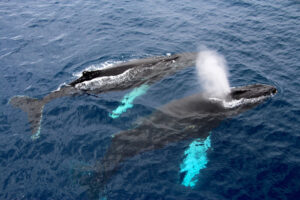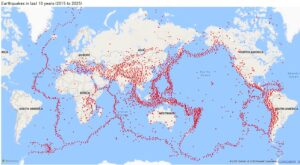Mountaineering researchers from Scotland, France, Canada and Germany have produced a paper on the impact of COVID-19 on mountain sports, including hiking, trail running, bouldering, climbing and mountaineering. Their paper is currently under peer review, but it concludes that the main risk of infection occurs during transportation to and from the mountains, traveling in gondolas and staying overnight at lodges, rather than during the activity itself.
Their review of known infections found no reports of anyone contracting COVID-19 during actual outdoor sports. One woman came down with the virus during a 140km mountain hike, but she contracted it in her evening lodgings, not outdoors.
The researchers noted that many mountaineers belong to older age groups, which may mean they are more likely to participate in higher risk activities, such as traveling in gondolas. As we know, if older people get the disease, they are also more likely to experience severe symptoms.
The researchers recommend classifying the risk of infection during mountain sports as either high, moderate or low/negligible, to allow governments to make decisions whether to close a ski hill, for example, based on degree of risk. Their system does not consider ethnicity, gender or where the person traveled from.
The full paper can be found here.

Risk assessment factors for COVID-19. Source: South Asian Health Foundation






